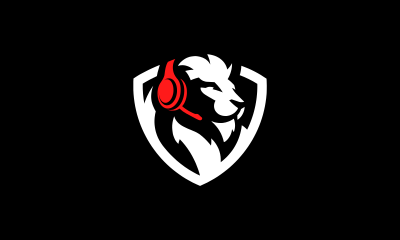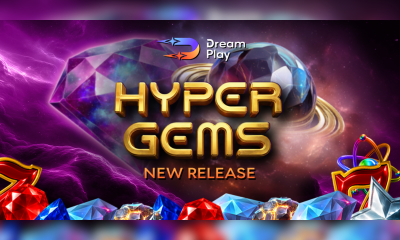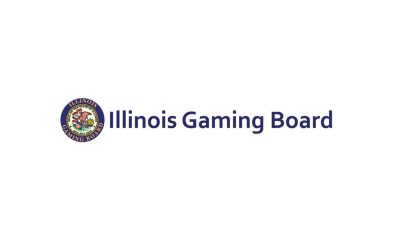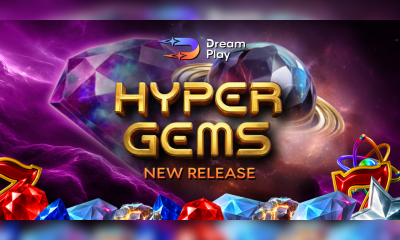Africa
Why your next million players are in MEA and Turkey, and how to access them
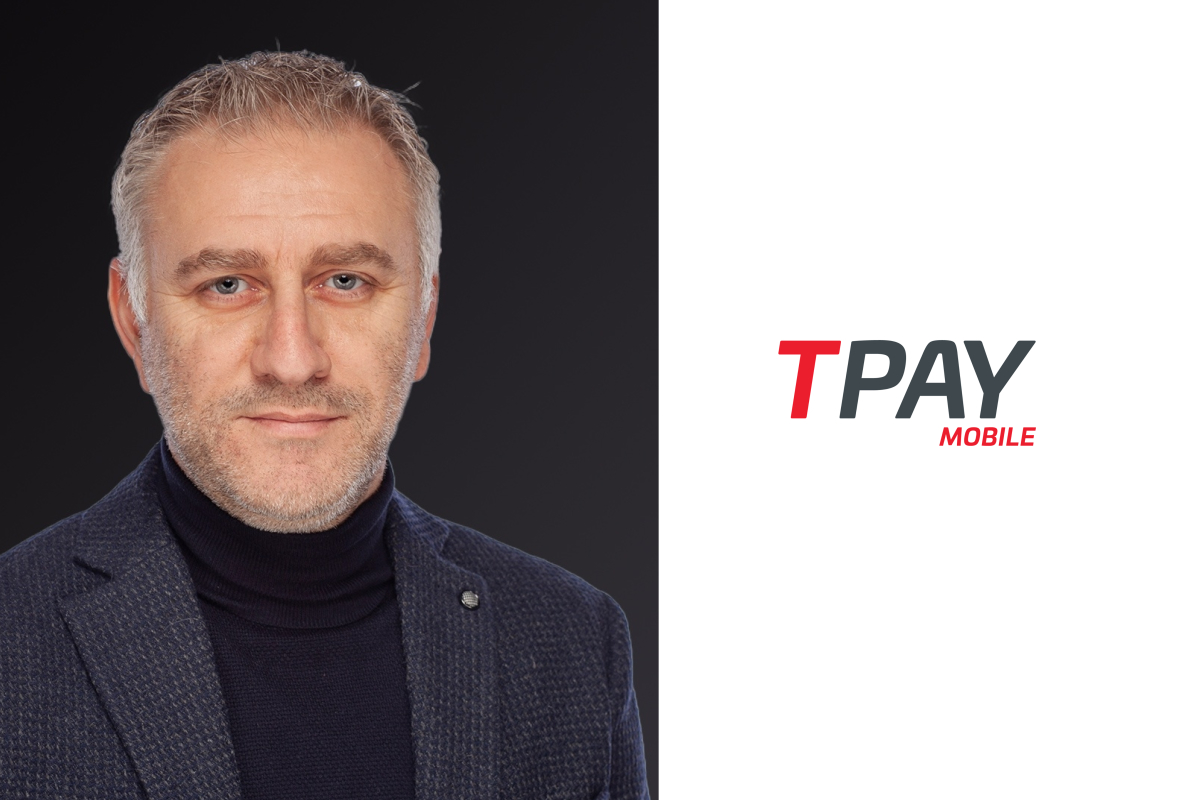
Onur Ergüney – Director of Global Partnerships for Gaming & e-Sports, TPAY MOBILE
COVID 19 has been the catalyst for the biggest transformation to people’s lives in recent history. Little else has brought on such seismic shifts in the way people work, play, communicate and live, since the creation of smartphones themselves.
The fourth industrial revolution has arrived faster than anyone could have predicted, especially in the Middle East and Africa (MEA) and Turkey. This combined region has a population of over 1.6 billion people, a fast-expanding middle class, and, through the power of mobile technology, is more connected than ever.
A long-standing barrier for scaled-up mobile games distribution in the region – the lack of access to banking infrastructure for subscriptions and the purchasing of games and in-app-purchases (IAPs) – is falling fast. By 2025, 834 million people across MEA will be mobile internet users, and through direct carrier billing (DCB) technology and eMoney wallets, they will have the freedom to spend on gaming like never before.
Untapped opportunity
A relatively untapped marketplace of a billion+ potential players is powering up and set to flip your revenue forecasts upside down if you play your cards right. In the Middle East and North Africa (MENA) for instance, the games industry is currently valued at $4.5 billion according to Frost & Sullivan. That may be just 4% of the global total, but, it is the world’s fastest-growing region, with a year-on-year growth rate of 25%. On a grander scale, MENA makes up 80% of this growth whilst the other 20% is amassed in Sub Saharan Africa. According to one prediction from GSMA, the region will count for 709 million individual SIM connections by 2025.
In other words, Mobile is everything across the MEA and Turkey, and this should be explored as your next frontier of growth. However, you need to know how to access it.
Access is key, and access is different
Accessing these new markets isn’t simply a case of re-branding what has worked in the past. Your games may well be attractive in these new markets but the systems and processes that power them, and importantly, monetise them, won’t be the same. There are different rules and regulations for advertising, for example, and variations on what purchases or transactions do and don’t constitute gambling. Direct debits for app stores or card payments for IAPs are not common practice in these territories. Across the 20+ countries that make up MEA and Turkey, there is a rich tapestry of cultural differences that result in different ways of purchasing digital goods like games.
Establish partnerships to access these players
To turn your players into payers, the best advice I can give is to establish strategic partnerships – find experts on the ground that can work with you. You are no longer just a games publisher, with your partner network you become a FinTech, a games publisher, a games developer and even an evangelist for a new world of mobile gaming. Ecosystems are everything.
The global language is APIs, not Esperanto
Each territory has its quirks and opportunities, and only by having knowledgeable inside help will you be able to truly navigate the differences in approaching sales and distributions of your titles. Understanding the common services in territories is key for traction, an example being that the Middle East has widely adopted DCB (Direct Carrier Billing) for mobile payments and subscriptions in recent years, whereas mobile wallets are the transaction tool of choice in Subsaharan Africa.
Games developers want simple integrations that cover the back-end systems. If you find the team that can provide that, they will keep up with evolving regulations in new territories, keeping your games online. This allows you to do what you do best: making high quality, desirable games.
Games publishers expect great user flows. What makes games more interesting than other e-commerce platforms is that they are live systems. The user makes purchase decisions in real-time, while remaining within the game. This is also what creates complexity when it comes to transactions, but there is an answer. The key is to integrate a seamless payment flow within the game, minimising player disruption.
Find an ecosystem that works across borders. One thing that is global is the API. If you want to successfully break into these emerging markets, you need to build a partnership network that understands the intricacies of these technologies.
Should you wait?
Simply put, no.
Sub-Saharan Africa is the fastest-growing market of all for mobile-penetration, it would be an oversight to not properly explore the MEA and Turkey as a key element of future games monetisation for the future.
MEA and Turkey host a relatively untapped market for games publishing and eSports monetisation, not to mention a fast-growing pool of local influencers – now is the time to make inroads into the gaming sector in such markets. It has been said that the early bird catches the worm – this wisdom is just as true today.
The previously non-existent infrastructure required to sell and monetise mobile games has been replaced. Suddenly, the opportunity is there for the taking. Venture into these new territories, and the partnerships you form now will help grow your company and its market share exponentially, by creating opportunities to engage new gamers. Whilst boosting your business into the next 50 years, you have an opportunity to entertain many millions of people who are fast to become your next loyal, player base.
Powered by WPeMatico
Africa
Amusnet Announces Strategic Partnership with Betway

Amusnet has announced a new strategic partnership with Betway in South Africa, one of the leading brands in the industry. This collaboration significantly strengthens the provider’s presence in South Africa, as its top-notch casino content is now live and available on both betway.co.za and Jackpotcity.co.za. Betway is a market leader not only in South Africa, its largest operation, but also across the UK, LATAM, Spain, Italy and other key African markets.
“This project has been a long time in the making – one that required dedication, teamwork, and persistence across every stage, from negotiation to launch. Having our content now on both Betway and JackpotCity in South Africa reinforces our position as a trusted partner and paves the way for even greater growth across the region,” said David McBryne, Senior Commercial Account Manager at Amusnet.
The new collaboration enables Amusnet to showcase its commitment to delivering high-quality entertainment through an exciting selection of titles. South African players can now enjoy slots such as Shining Crown, 40 Burning Hot, 100 Super Hot and Burning Hot 6 Reels. The launch also includes other fan-favourite titles, such as 20 Golden Coins, 100 Bulky Fruits, Candy Palace and the popular Virtual Roulette.
Candy Palace – it provides special features, such as the Toppling Reels, candy-jar multipliers, Free Spins and the chance to win progressive jackpots.
20 Golden Coins – the slot game captivates with its impressive visuals, elegant design and vibrant animations. It features 20 paylines and 5 reels, along with special bonus features such as Bonus Coins and Mystery Nudge.
This strategic partnership is a testament to Amusnet’s commitment to expanding its global footprint in regulated markets. The company is poised to deliver its high-performing portfolio to a broader audience in the African market.
The post Amusnet Announces Strategic Partnership with Betway appeared first on Eastern European Gaming | Global iGaming & Tech Intelligence Hub.
Africa
State of the African Video Game Industry 2026: Xsolla Backs SpielFabrique’s Definitive Market Report
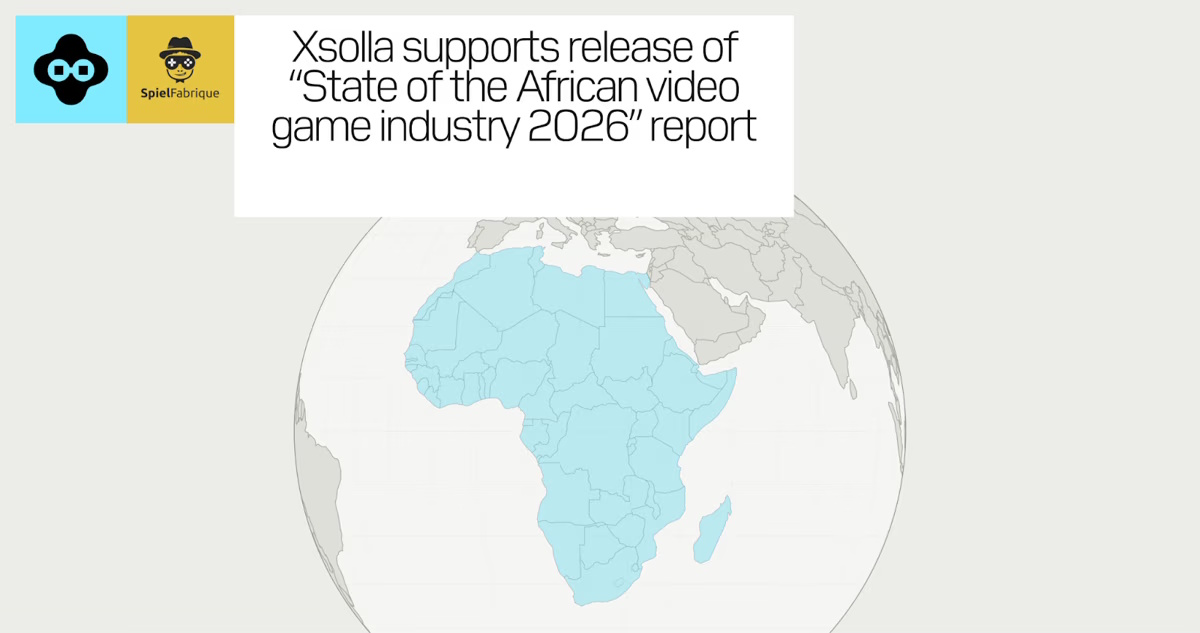
Xsolla today announced its support for State of the African Video Game Industry 2026, a comprehensive new report from SpielFabrique and researcher PhD Prince Oguguo that maps the size, structure, and growth dynamics of Africa’s fast-evolving games ecosystem. The study delivers data-driven insight into developer realities, market infrastructure, monetization trends and strategic recommendations for partners and investors.
Key findings at a glance
-
Market size: Africa’s video games industry generated approximately $1.8 billion in revenue in 2024, driven predominantly by mobile gaming (≈90% of the market).
-
Growth drivers: A young, mobile-first population, rising smartphone adoption and broader digital services are fueling above-average expansion across the continent.
-
Structural challenges: Persistent pain points include payment friction, limited funding, uneven internet and platform infrastructure, and the lack of a unified continental market.
-
Diverse ecosystems: The report stresses regional variation — with deep dives into Nigeria, South Africa, Kenya, Egypt, and Morocco — showing how local payment systems, regulation and culture shape monetization and discoverability.
Why this report matters
“Supporting research like this helps ground industry conversations in real data and lived developer experience,” said Ilayda Bayari, VP of Business Development, MEA + Southern Europe at Xsolla. The report equips publishers, platforms, investors and policy-makers with actionable intelligence to build more sustainable partnerships with African developers.
Focus areas and recommendations
SpielFabrique’s study examines three critical levers for growth:
-
Payments & distribution: Local payment methods and mobile money are essential to improve conversion and lifetime value for African titles.
-
Funding & infrastructure: Targeted investment and improved developer tools/platforms are needed to scale studios beyond domestic markets.
-
Talent & esports: Clearer talent pathways, education programmes and esports ecosystems will strengthen local production and audience engagement.
Regional snapshots
The research highlights how national differences influence outcomes: strong indie scenes in Nigeria and Kenya, established studios and distribution channels in South Africa, and growing developer communities in North African markets such as Egypt and Morocco.
Launch and supporting activity
The State of the African Video Game Industry 2026 report became available on January 29, 2026, and was launched with a coordinated website feature, social media rollout and a post-launch community webinar to share insights and facilitate industry discussion.
Voices from the field
“After more than seven years working alongside African game makers and ecosystem builders, I’m proud to share this comprehensive overview of where the market stands today,” said Pr. Odile Limpach, Co-founder of SpielFabrique. The report aims to catalyze cooperation and make markets more visible — enabling partners to act on opportunities while appreciating local challenges.
The post State of the African Video Game Industry 2026: Xsolla Backs SpielFabrique’s Definitive Market Report appeared first on Eastern European Gaming | Global iGaming & Tech Intelligence Hub.
Accra
Kaizen Gaming Launches Betano in Ghana — 20th Regulated Market & Responsible GameTech Expansion
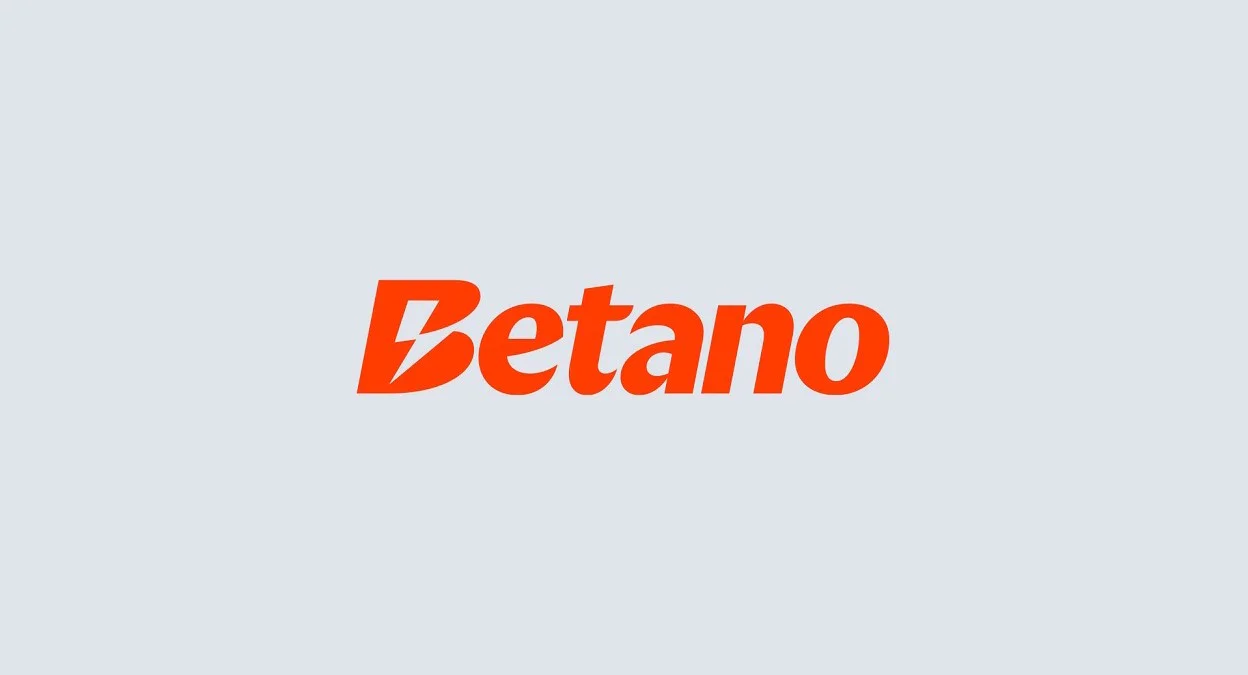
Kaizen Gaming has officially launched Betano in Ghana, marking the company’s 20th regulated market and its first market entry of 2026.
The launch underscores Kaizen’s global GameTech expansion strategy—rooted in technology, regulatory compliance and responsible operations—bringing safe sportsbook and casino products to Ghana’s fast-growing digital audience.
Official launch and local leadership
A dedicated launch event in Accra brought together Kaizen Gaming leaders—George Skarlatos (Director of Business Development), Daniel Lamberti (Senior Business Development Advisor) and Joseph Owusu Badu (Country Manager, Ghana)—alongside Emmanuel Siisi Quainoo, Acting Commissioner of the Ghana Gaming Commission. The ceremony celebrated market entry and formalized local partnerships designed to ensure a compliant, trusted player experience from day one.
“Ghana is a market with strong long-term potential, an increasingly tech-oriented population, and a clear commitment to building a structured and transparent regulatory environment,” said George Skarlatos. “With responsibility embedded across our technology, processes and operations, we are fully aligned with Ghana’s regulatory framework.”
Acting Commissioner Emmanuel Siisi Quainoo welcomed Betano’s entry, noting the operator’s commitment to player protection, market integrity and adherence to high regulatory standards.
What Betano brings to Ghana: technology, safety, and choice
Betano’s Ghana launch delivers:
- A full responsible gaming framework and local customer protections.
- A technology-first sportsbook and casino platform optimized for mobile and desktop.
- Local operations led by a Ghana-based country manager to support regulatory compliance and customer care.
These features aim to provide Ghanaian players safe, transparent access to licensed online betting and casino entertainment.
Momentum from global recognition and sports partnerships
Kaizen enters Ghana following a standout year of industry awards and partnerships. The operator was named Operator of the Year at both the EGR Operator Awards and the SBC Awards for the second consecutive year, and in 2025 announced a global FIFA partnership for the FIFA Club World Cup. Kaizen also maintains high-profile football partnerships with clubs such as FC Bayern München, Aston Villa FC, FC Porto, Sporting CP, SL Benfica, River Plate and Flamengo, demonstrating the brand’s marketing strength and sports engagement credentials.
Strategic outlook: scaling responsibly in Africa
Ghana’s strong digital uptake and clear regulatory ambitions make it a priority for Kaizen’s global rollout. By centering regulation, local partnerships and responsible-play tools, Kaizen aims to build a scalable, trusted presence in Ghana while contributing to local economic activity and regulated market growth.
The post Kaizen Gaming Launches Betano in Ghana — 20th Regulated Market & Responsible GameTech Expansion appeared first on Eastern European Gaming | Global iGaming & Tech Intelligence Hub.
-

 Brasil on Track7 days ago
Brasil on Track7 days agoODDSGATE LAUNCHES “BRASIL ON TRACK”, A STRATEGIC PLATFORM FOR NAVIGATING BRAZIL’S REGULATED IGAMING MARKET
-

 Amusnet6 days ago
Amusnet6 days agoWeek 6/2026 slot games releases
-

 Arshak Muradyan6 days ago
Arshak Muradyan6 days agoDigitain Secures UKGC Certification for Sportsbook and Platform
-

 Latest News7 days ago
Latest News7 days agoLEON.BET RENEWS AS OFFICIAL INTERNATIONAL PARTNER FOR 2026
-

 Latest News6 days ago
Latest News6 days agoHyper Gems — A New Cosmic Adrenaline Release from Dream Play
-

 Latest News3 days ago
Latest News3 days agoLaunch Of A Fresh Online Casino Guide 2026
-

 Compliance Updates3 days ago
Compliance Updates3 days agoIllinois Gaming Board and Attorney General’s Office Issue more than 60 Cease-and-Desist Letters to Illegal Online Casino and Sweepstakes Operators
-

 Dream Play6 days ago
Dream Play6 days agoHyper Gems — A New Cosmic Adrenaline Release from Dream Play










